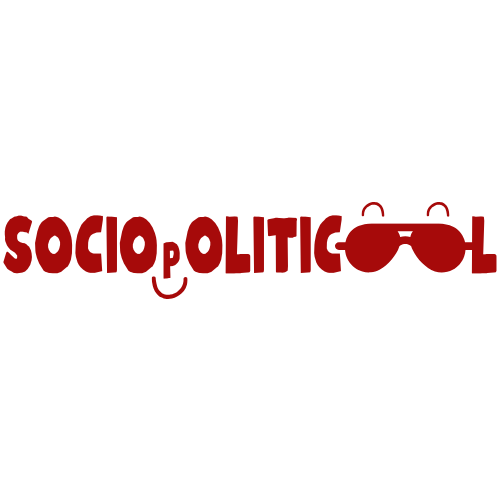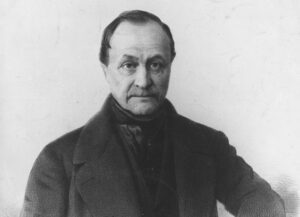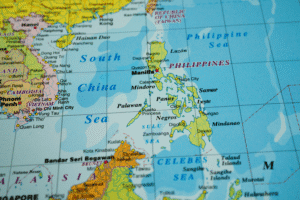What are social sciences? Social sciences have many branches, but they all study society, every nook and cranny of it, from the day Adam and Eve were created, or from the time the Big Bang happened, until today.
Some say they are not real sciences because scientists are supposed to be computing something, or inventing something.
But they just saw Albert Einstein once and thought that every scientist must look like him. Nah! Science just means “knowledge.” It doesn’t mean “genius.”
Science has three major categories, namely natural sciences (like chemistry and biology), formal sciences (like logic and mathematics), and social sciences.
Although, of course, many scientists are really geniuses.
Social sciences have contributed to our understanding of the world we live in. They made us aware of the realities we were oblivious to, and they gave clarity to the phenomena that we couldn’t understand.
So, they are as important as the other sciences.
Social Sciences Are as Important as Hard Sciences
When you hear “science,” what comes to mind? For sure, you think of biology, nature, experiments, and scientists in white lab gowns.
But “science” is simply a method of understanding the world. It originates from the Latin “scientia,” meaning “knowledge.”
And to acquire knowledge, we may use different methods depending on the nature of the thing we want to learn, plus other factors.
Social sciences, in particular, use systematic approaches to study how we think, act, govern, and interact to solve real-world problems.
They often intersect with the hard sciences in certain fields, such as public health, climate change, and technology.
So, both sciences are needed to build a balanced, functional society.
Many People Think Social Sciences Are Pseudoscience
There is a common misconception, as I have seen on Reddit, that social sciences are “soft,” unreliable, or even fake science.
Some parents don’t even like it when their children take a social science major because “there is no money there,” as there is a low demand for it.
This mostly stems from the fact that human behavior is complex and not always predictable. It can vary depending on culture, context, and emotion.
It doesn’t make them any less valid, though.
Social scientists use rigorous methods like surveys, experiments, case studies, and statistical analysis to uncover patterns.
Qualitative methods focus on detailed insights, while quantitative methods focus on measurable data.
They form hypotheses, test theories, and revise conclusions based on evidence, while accounting for variables like bias and context.
They have all contributed to major societal changes. Dismissing them as pseudoscience overlooks their impact on our daily lives.

Social Sciences Have Branches
Social sciences are a family of disciplines, each focusing on a different part of human society. Let us break them down below!
Sociology
Sociology studies how we group ourselves, how we interact, and how social institutions shape our behavior.
Some sociological questions are: How do people in slum areas live? Why are people in cities more liberated than those in provinces?
I have a degree in political science, but this is my favorite social science field.
Psychology
Psychology dives deep into the human mind and emotions, in which our biological makeup has a role, so hard sciences are involved.
This field has made huge contributions to understanding our trauma, motivation, learning, addiction, and relationships.
Many of the psychologists I know are quite introverted, as they are interested not just in their inner world but also in that of others.
Political Science
Political science explores how power operates. Specifically, how governments are formed, how laws are made, and how we engage with politics.
It covers governments, governance, ideologies, elections, international relations, policy analysis, and even philosophy.
Aristotle is the most mentioned philosopher here because of his book called Politics, where he said that we are by nature political animals.
Economics
Economics is about how individuals, businesses, and governments decide to use limited resources. It is split into microeconomics and macroeconomics.
Microeconomics looks at individual and business choices, while macroeconomics covers national and global economies.
Both use models and data to forecast trends, shape fiscal policy, and improve systems like healthcare, education, and taxation.
Anthropology
Anthropology is the study of humans across time and space.
It combines biology, archaeology, sociology, linguistics, and cultural studies to understand what makes us human.
Sociology studies modern societies, while anthropology explores human cultures and their development over time.
Cultural anthropologists explore customs, rituals, and social norms. On the other hand, biological anthropologists study human evolution.
History
History is the story of humanity. Historians don’t just memorize dates, like what students do in history class before the exam.
They analyze causes, consequences, and patterns of past events.
Why did wars happen? What triggered revolutions? How do past ideologies influence modern societies? Those are some questions they ask.
Geography
Geography blends the physical and social sciences to study the relationship between us and our environments.
It looks at migration, urbanization, and resource use to understand issues such as climate change, resource conflict, and spatial inequality.
It is especially relevant in planning, transportation, and environmental policy.
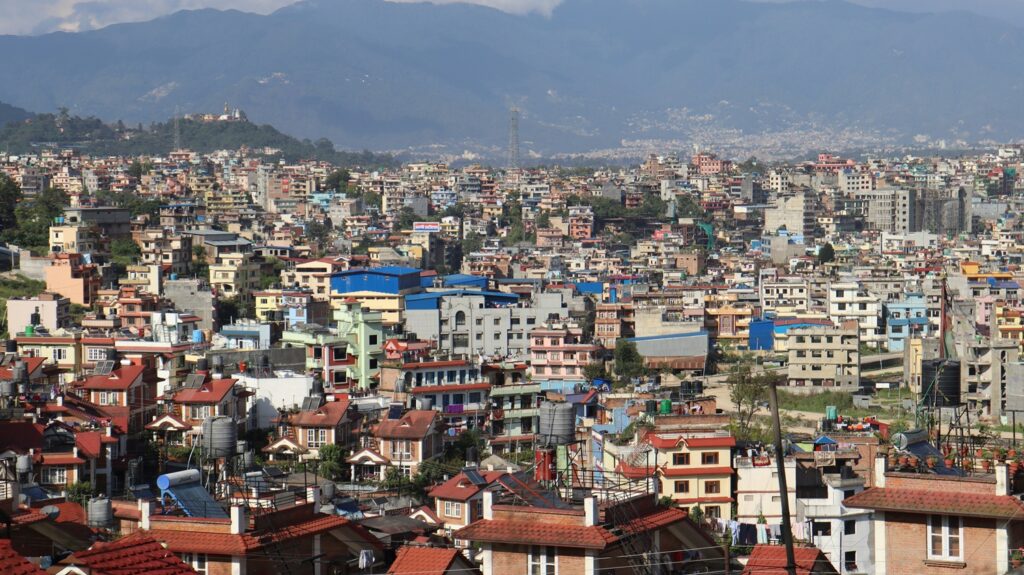
Law
You know that crimes exist in society, and there is a reason. What is the reason, you ask? You will find answers in legal studies and criminology.
Criminologists investigate the causes and effects of criminal behavior, while legal studies dive into the development and functioning of laws.
Why do people commit crimes? What makes a justice system fair? How should laws evolve with society? These questions are central here.
Graduates often work in law enforcement, legal research, policy reform, and forensic psychology if they have a psychology background.
Pedagogy
Yes, pedagogy is also a social science. In fact, in my professional education classes, we often talked about social science concepts.
Pedagogy is considered a social science because it studies the methods and principles of education as they relate to human behavior, learning, and social development.
Pedagogy explores how students learn, how to teach effectively, and how education systems function.
It includes learning theories, teaching methods, curriculum development, and teacher-student dynamics.
There Is Money in Social Sciences
Contrary to the myth, social science graduates can earn good money.
In fact, the skills acquired, especially critical thinking, are in high demand. See how almost everyone has “critical thinking” as a soft skill in their resume?
Below are some career options in case you want to pursue this path.
Policy Analyst
Policy analysts study existing policies, evaluate new proposals, and make recommendations based on research and data.
They ask questions like: Is this program effective? How will it impact low-income communities? What are the unintended consequences?
It is ideal for those who want to make a tangible difference through research and advocacy, without necessarily being on the political frontlines.
Market Researcher
A market researcher helps businesses understand what their customers want and how to deliver it efficiently and effectively.
They uncover consumer behavior, preferences, and trends. Their findings guide decisions on product development, pricing, advertising, and branding.
This career suits someone with a background in psychology or sociology, as they understand consumers well, especially what will pique their interests.
Human Resources Specialist
Human resources specialists manage recruitment, hiring, onboarding, employee engagement, training, and sometimes conflict resolution.
They are also responsible for ensuring that workplace policies comply with labor laws and support a healthy, inclusive environment.
Try to find a job posting for a human resources professional. Most likely, they want someone with a degree in psychology.
This job is perfect for those who enjoy working with people, solving interpersonal issues, and shaping workplace culture.

Clinical Psychologist or Therapist
Clinical psychologists and therapists help people with mental health challenges, such as anxiety, depression, or even relationship issues.
This career path typically requires a psychology degree and graduate training, including licensure. It depends on the country or state you are in.
It is emotionally demanding, but truly worth it if you are deeply interested in helping others overcome their issues.
Social Worker
There are different types of social work: clinical (offering therapy), school-based, medical, or child welfare, among others.
But all social workers advocate for individuals or communities facing hardship. They develop support plans and intervene in crises.
A degree in social work or a related social science is needed for this. A license might be required, too, depending on your location.
Economist or Financial Analyst
Economists and financial analysts study how money flows through systems, whether that’s within a company or across the entire country.
They analyze big-picture trends like inflation, unemployment, or trade, and may provide recommendations on investments and budgets.
If you decide to enter this field, you will spend a lot of time with numbers, charts, and models, but also translating that data into real-world insight.
Criminologist or Forensic Expert
Criminologists study crime. Not just who commits it, but why it happens, how society responds to it, and what can be done to prevent it.
Forensic experts, on the other hand, analyze evidence to help solve crimes. They analyze DNA, fingerprints, and evidence.
According to World Population Review, Venezuela had the highest crime rate globally in 2025.
Both roles contribute to understanding and improving the justice system.
Educator
You know what educators do. They teach students, conduct research, publish studies, and contribute to shaping education itself.
This path requires a teaching license or a master’s degree, depending on the laws of your country or state.
In the Philippines, a teaching license is required only for teachers in basic education. Almost anyone with a graduate degree can teach in universities.
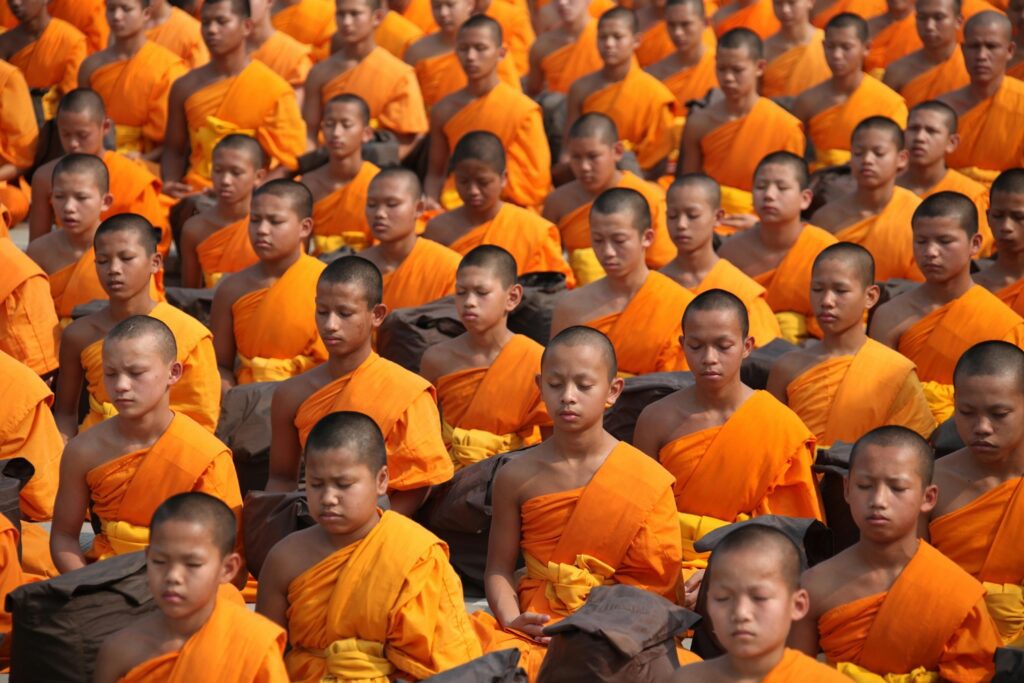
Social Sciences May Be Boring, But Some People Love Them
Social sciences can be heavy on reading, writing, and critical thinking, which is not everyone’s cup of tea.
Those activities require mental energy and quiet environments. So, I totally understand why some people find them boring, and for the smarts.
I remember when I told someone that social science is my major, he said, “It is for intelligent people, right?” Nope!
But it is for those who are curious about the world and the people in it: Why do societies change? What shapes our identity? Who is Machiavelli?
If you love observing people, debating ideas, or exploring how the world works, you will love social sciences.
